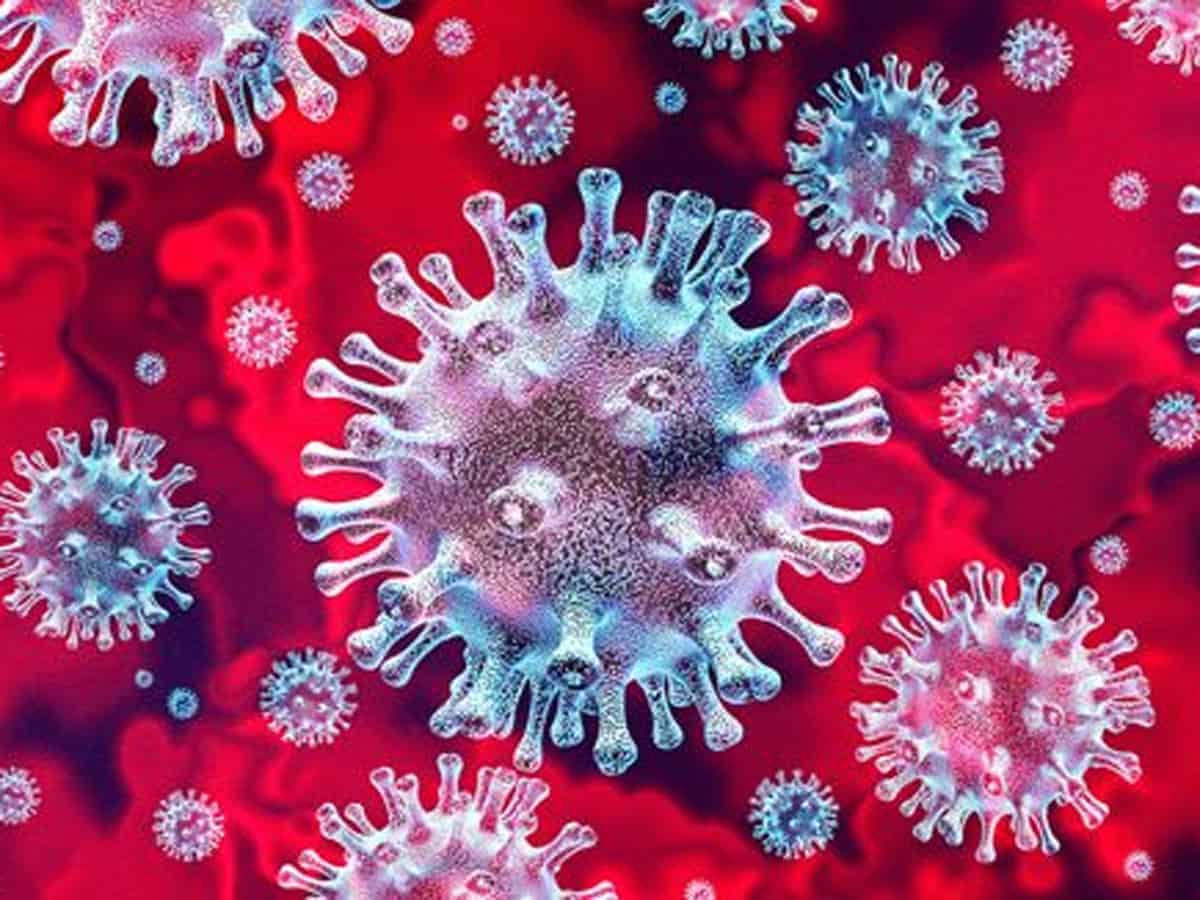Hyderabad: The new coronavirus known as severe acute respiratory distress syndrome coronavirus 2 (SARS-CoV-2) is causing COVID-19 infection. Initially, it was identified in December 2019, in the city of Wuhan, China and is now the new global pandemic that is straining our health care system across the globe.
More than 2 million people worldwide and 12000 people in India are affected with this disease. The infection is primarily transmitted from one infected person to another via respiratory droplets released while coughing or breathing. People can get sick anywhere between 1-14 days after exposure and mainly suffer from cough, fever, tiredness and in severe cases with difficulty breathing.
Patients with COVID-19 infection can also suffer from jaundice in up to 10-12% during the course of their illness. There can be a range of abnormalities in the liver function tests like elevated liver enzymes, low protein, etc. especially in severe cases.
People who have pre-existing liver diseases like hepatitis, cirrhosis or had undergone liver transplantation need to be in touch with their doctors preferably by telemedicine facility to continuously monitor their situation and get treatment. All these patients are strongly encouraged to continue their prescribed drugs with any apprehensions and avoid any over-the-counter and unnecessary medications.
These patients need to take extra precautions to prevent exposure from infected patients like maintaining social distancing, proper hand hygiene, avoid touching face, nose, eyes, etc. Patients post-liver transplantation who are on immunosuppressant medicines should take extra care in this regard.
As such COVID-19 infection doesn’t cause any liver failure but it can worsen these pre-existing liver diseases thus posing a life risk to these fragile patients already suffering from various liver diseases. These patients are encouraged to have vaccinations against pneumococcus and influenza to prevent contracting these infections.
Patients are advised to follow healthy and nutritious and a balanced diet. They are encouraged to consume milk, fish, eggs, high protein diet in these circumstances and can consider taking supplements containing multivitamins, trace elements, antioxidants, vitamin D, Vitamin C, etc. This would improve the immunity and health of their system.
By Dr. Chalapathi Rao Achanta
Consultant Medical Gastroenterologist, Liver Specialist, Interventional Endoscopist
KIMS ICON Hospital, Vizag

